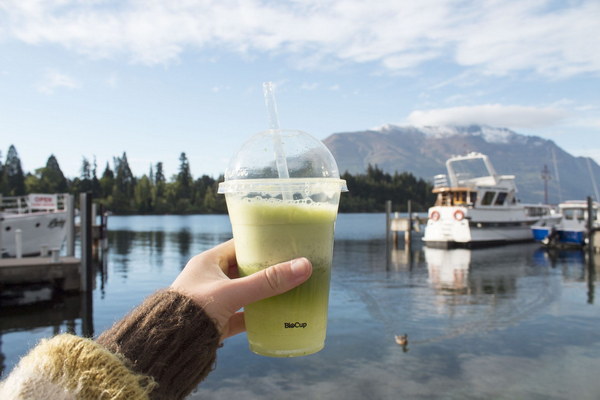Post-Pneumonia Care Tips for Keeping Your Child Healthy and Strong
After a bout of pneumonia, it's crucial to ensure that your child's body recovers and strengthens to prevent future illnesses. Here's a comprehensive guide on how to care for your child post-pneumonia to promote a healthy and robust recovery.
1. Maintain Adequate Hydration
One of the most important aspects of post-pneumonia care is to keep your child well-hydrated. Pneumonia can lead to fluid loss, so encouraging your child to drink plenty of fluids, such as water, juice, and clear broths, can help in maintaining respiratory health and preventing dehydration. If your child is vomiting or has difficulty swallowing, consult with your pediatrician for appropriate recommendations.

2. Encourage Frequent Breathing Exercises
Breathing exercises can help improve lung function and clear out any remaining mucus from the lungs. Encourage your child to take slow, deep breaths and perform chest expansion exercises. These can be done with the help of a pediatric physical therapist or through guided videos found online.
3. Provide a Healthy Diet
A well-balanced diet is essential for a strong immune system. Ensure that your child consumes a variety of fruits, vegetables, whole grains, lean proteins, and healthy fats. Foods rich in vitamin C, such as oranges, strawberries, and bell peppers, can boost the immune system. Avoid highly processed foods and those that can irritate the throat, like spicy or acidic foods.
4. Monitor for Signs of Complications
Keep a close eye on your child for any signs of complications, such as persistent fever, difficulty breathing, or a cough that doesn't improve. If you notice any of these symptoms, contact your pediatrician immediately.
5. Ensure Proper Rest
Rest is vital for recovery. Encourage your child to get plenty of sleep and avoid overexertion. This will allow the body to heal and regain strength. If your child is tired, let them rest and do not push them to engage in activities that might cause fatigue.
6. Maintain a Healthy Indoor Environment
Air quality can affect your child's recovery. Ensure that your home is well-ventilated and free from allergens. Use a humidifier to add moisture to the air, which can help with breathing and reduce mucus production. Additionally, consider using a vacuum cleaner with a HEPA filter to trap dust and other particles that can irritate the lungs.
7. Practice Good Hygiene
Teach your child the importance of hand washing to prevent the spread of germs. Encourage regular hand washing with soap and water, especially before meals and after coughing or sneezing. This will help in preventing secondary infections that could slow down the recovery process.
8. Regular Follow-Up with the Pediatrician
Keep all scheduled follow-up appointments with your pediatrician. These check-ups are important to monitor your child's progress and address any concerns that may arise. Your pediatrician may also recommend additional treatments or lifestyle changes to ensure a full recovery.
9. Encourage Gradual Return to Normal Activities
As your child begins to feel better, encourage them to gradually return to their regular activities. However, it's important to listen to their body and not push them too hard. If they seem to be getting tired or their symptoms worsen, allow them to rest and seek medical advice if necessary.
10. Foster a Positive Mindset
A positive mindset can contribute to a faster recovery. Encourage your child to maintain a positive outlook and express their feelings. Engage in activities they enjoy and support their emotional well-being as much as their physical recovery.
In conclusion, caring for a child post-pneumonia involves a multi-faceted approach that addresses both physical and emotional needs. By following these tips, you can help your child recover quickly and build a strong foundation for future health. Remember, patience and consistency are key to a successful recovery journey.
This article provides a detailed overview of the steps to take in caring for a child who has recovered from pneumonia. It covers everything from hydration and nutrition to environmental considerations and emotional support, aiming to equip parents with the knowledge they need to promote their child's health and well-being.









